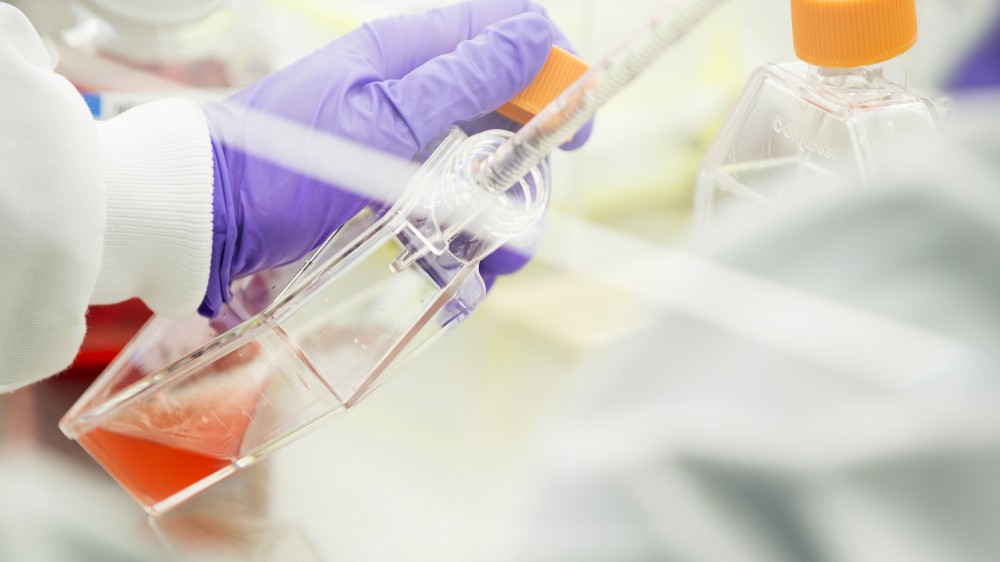What are you interested in replacing?
The quality, consistency of formulation, and lack of validation of reagents used in scientific research has been identified as a major contributing factor to poor reproducibility [1]. Many of these reagents such as antibodies and fetal bovine serum are derived from animals, raising scientific and animal welfare concerns. There is a concerted effort across the biosciences to adopt human-based in vitro assays to replace animal models where possible and increase the predictivity of preclinical research [2]. However, the use of animal-derived reagents in these assays brings into question the validity, utility and robustness of these approaches and presents a barrier to their more widespread adoption.
The technology now exists to replace many of these animal-derived reagents with animal-free products. This resource provides information and guidance for adopting animal-free reagents both within individual laboratories and, in the long-term, whole institutions to deliver improved science, increased reproducibility and reduced animal use.
We also support novel approaches to develop and implement animal-free in vitro reagents through our Research Funding schemes and Innovation Platform.
Good in vitro practice
We have an online resource library to provide information and guidance for experimental practices and principles, many of which have in vitro applicability such as increasing the use of human tissues and experimental design support.
The European Union Reference Laboratory for alternatives to animal testing (ECVAM) maintains a publicly accessible collection of method summaries and protocols for alternatives to animal experimentation.
The Organisation for Economic Co-operation and Development (OECD) has developed the Guidance Document on Good In Vitro Method Practices (GIVMP), which aims to foster confidence in in vitro methods and ensure resulting data are rigorous and reproducible.
We hosted a webinar: Moving to the use of animal-free antibodies, delivered by Dr Alison Gray, University of Nottingham and Afability, providing an overview of the scientific and welfare benefits of the use of animal-free antibodies and affinity reagents.
Contact us
Please contact us if you have any queries or comments related to this resource, or if you are a company or institution with an animal-free resource or technology and would be like to be added to the resource list.
References
- Freedman LP, Venugopalan G, Wisman R (2017). Reproducibility2020: progress and priorities. F1000Research 6: 604. doi: 10.12688/f1000research.11334.1
- BioIndustry Association and Medicines Discovery Catapult (2018). State of the Discovery Nation 2018 and the role of the Medicines Discovery Catapult

